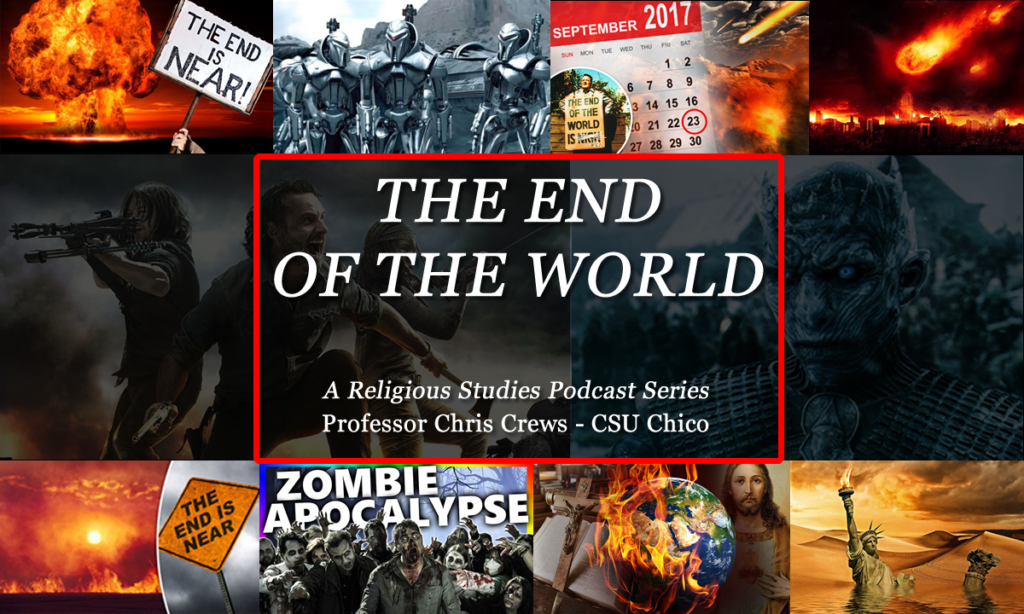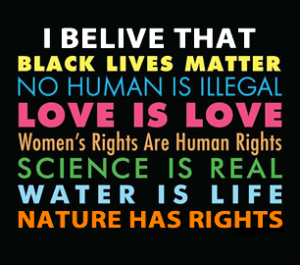On Being A Generalist
I recently spent a few days traveling with my parents, and during the course of one of our meals, my father made a comment that has stuck in my head, as it’s something I have wrestled with most of my college years. The question deals with the dilemma between specialist or generalist knowledge, and in particular, how this dichotomy is manifest in academics. The gist of his comment was that my problem is I’m a generalist, and this worried him from a fatherly, looking out for his eldest son’s future success perspective, cause he only sees job security in a specialization. What to do?
I’ll freely admit a bias towards the big macro picture over the micro analysis, but that has more to do with the way I see the world–as a set of interconnected causal webs–than any principled opposition to specialized knowledge per se. The lesson life has taught me so far is that specialized knowledge can be quite helpful, but without a general framework in which to place these details, it’s mostly useless. Having spent most of my life in higher education has only reinforced this conviction, where the level of arcane specialization is mind-boggling.
I’ve always imagine myself as a bit of a hybrid figure–a touch of MacGuyver, some backwoods ranger instincts, a heaping doss of the seeking wizard, all topped off with the wanderlust of a pirate. One thing all of these have in common is their tendency towards dabbling, adaptable heroism. All these folks know how to get into, and out of, whatever life decides to throw at them. And on my reading, it’s because they’ve accumulated a lot of generalist knowledge in the course of their travels and studies and adventures that they had this savoir faire. Book smart, street smart and world smart, they blend together the ideal mythic archetypes–warrior/scholar/adventurer. That’s always been my take on the merits of being a generalist.
But there’s also a deeper reason, which my extensive dissertation research over the past two years has been making clear. Part of the problem with the world today, on my diagnosis, is precisely this logic of specialization, which I would identify as part of a larger problem of the techno-logic that defines the modern world. The result, in academic terms, is the “silo effect,” a term all too familiar to academics, where no one knows what their neighboring department is doing–and in many cases–they couldn’t even discuss it if they did know, because the language and knowledge is so specific to their field that is becomes like a foreign language. And being a political theorist by training, and a student of science and technology, I know firsthand how bad this can get, regardless if you are in the humanities or the so-called “natural” sciences.
In fact, the research I have been doing over the last 12-15 months affirms my belief that this logic of specialization is actually at the root of many of our problems. Not specialization per se, as this is merely a symptom of a deeper disease, the mechanical, rational logic that is the secular legacy of Newton and Descartes in particular, but many others in general. Capitalism, industrialization, mechanization, financial speculation, academic specialization–all of these have the same root: a belief that the world can be ordered, predicted and controlled if we just create the right model, the perfect equation, the latest engineering advance, etc. They all share this logic of control and domination that has its modern roots in Enlightenment social, political and cultural changes. Some were a little earlier–17th century–and others were later–19th century. If we take a big picture view of this period from 1600-1900 it is clear that the present shape of our modern world is a direct result of several important changes during this period. In broad terms these include, but are not limited to:
- a transition from a polytheistic and diverse spiritual world to one defined primarily by the major monotheistic traditions, most importantly that of Christianity
- a transition from formal Christian political hegemony to an informal, secular Christian social hegemony
- an emergence of a dualistic (Cartesian) worldview that separates mind (spiritual) from body (physical)
- an emergence of a mechanistic scientific view which allows the world to be explained in terms of causal laws and fixed processes (Newtonian physics, mechanical engineering, advanced mathematics, statistics)
- an emergence of an industrial model of production, consumption and employment which required a global transition from rural to urban living
- the consolidation of power and influence in the institutions of states and markets, especially powerfully via private property and citizenship laws
- the slow emergence of a political ideology which equates capitalism with democracy without actually understanding either
- a slow shift from civic participation as politically important to social status and conspicuous consumption as the primary mechanisms of political identity and involvement by the general public
There are probably more, but these seem to be some of the larger overall trends which I see as a generalist, and which seem completely invisible to those specialists that only understand one, or occasionally a few, of these dynamics. There is a lot more I could say here, but the point being, I would not see these broader trends and patterns had I followed the path of specialization. It’s also part of the reason that these big picture problems are unlikely to change–the people making decisions are all blindfolded specialists.
Until next time…it’s the big picture that really matters.
###




As a fee-based Financial Planner (CFP) I need to address many different aspects of a clients financial situation including risk management (insurance), taxes, investments, budgeting (mortgages play into this), estate planning etc. I don’t think you can do proper Financial Planning if you are not a generalist. Having a valid license for mortgages, insurance, investments etc means I have to keep up to date on the nuances of each of these areas. For example, I often advise clients to pay down their mortgage more aggressively and show them mortgage alternatives they were unaware of that will facilitate this process. Providing tax return preparation to clients also keeps me up to date on tax rules and changes which helps me with tax planning and estate planning.